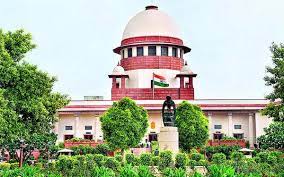
04-02-2016 - Supreme Court of India
Examiners Identity cannot be revealed under Right to Information Act- Held by Supreme Court of India
View Judgment
04-02-2016 - Supreme Court of India
Examiners Identity cannot be revealed under Right to Information Act- Held by Supreme Court of India
View Judgment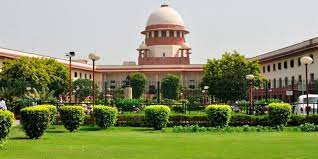
16-12-2015 - Supreme Court of India
RESERVE BANK OF INDIA COMES WITHIN THE AMBIT OF RTI ACT-
"RBI being the Central Bank is one of the instrumentalities available to the public which as a regulator can inspect such institutions and initiate remedial measures where necessary. It is important that the general public, particularly, the share holders and the depositors of such institutions are kept aware of RBI’s appraisal of the functioning of such institutions and taken into confidence about the remedial actions initiated in specific cases. This will serve the public interest. The RBI would therefore be well advised to be proactive in disclosing information to the public in general and the information seekers under the RTI Act, in particular. The provisions of Section 10(1) of the RTI Act can therefore be judiciously used when necessary to adhere to this objective."
View Judgment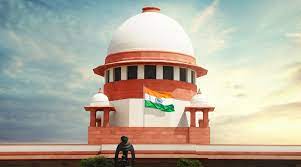
15-12-2015 - Supreme Court of India
Whether Polygraph Test to accused is an intrusion to personal liberty of accused person or investigative use is justifiable. ? Evidentary Value of polygraph Test
View Judgment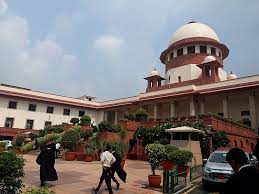
14-12-2015 - Supreme Court of India
HELD- Conversion to Islam and marrying again would not, by itself , dissolve the hindu marriage. The second marriage by a convert without having first marriage dissolved under the law would therefore be in violation of the act and as such void in terms of section 494 IPC
View Judgment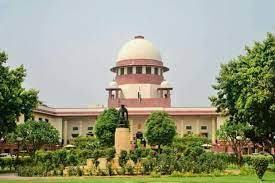
23-10-2015 - Supreme Court of India
Judiciary is not STATE within the purview of article 12 of Constitution of India.- the judiciary in India, acting on its judicial side cannot be considered as a State under Article 12 of the Constitution, and that only when the courts deal with their employees or act in other matters purely in administrative capacity, they may fall within the definition of the State for attracting writ jurisdiction. The Supreme Court also ruled that writs against the judiciary would lie against their administrative actions alone.
View Judgment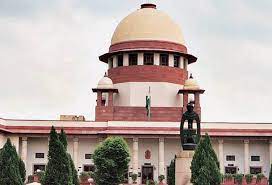
14-10-2015 - Allahabad High Court
Appointment of Dr Anil Kumar Yadav as Chairman of UPPSC is ultra vires, arbitrary and in breach of provisions of Article 316 (1) of the Constitution.
View Judgment
09-10-2015 - Allahabad High Court
Constitutional validity of UP Panchayat Raj(Reservation & Allotment of Seats & Offices) (10th Amendment) Rules 2015 re election of Gram Pradhan upheld
View Judgment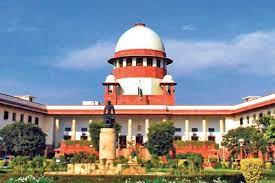
19-09-2015 - Supreme Court of India
HELD - "in the scholar’s register and the secondary school examination have no probative value, as no person on whose information the dates of birth of the aforesaid candidates were mentioned in the school record was examined.”
View Judgment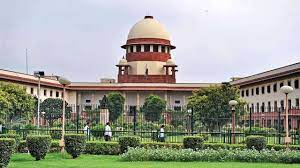
13-09-2015 - Supreme Court of India
HELD - NO LINIENCE TO THOSE INVOLVED IN CORRUPTION CASE -
"we perceive, the delinquent employee has harboured the notion that when the cancerous growth has affected the system, he can further allow it to grow by covering it like an octopus, with its tentacles disallowing any kind of surgical operation or treatment so that the lesion continues. The whole act is reprehensible and such a situation does not even remotely commend any lenience."
View Judgment
11-09-2015 - Supreme Court of India
HELD - No Compromise in Rape Cases
View Judgment